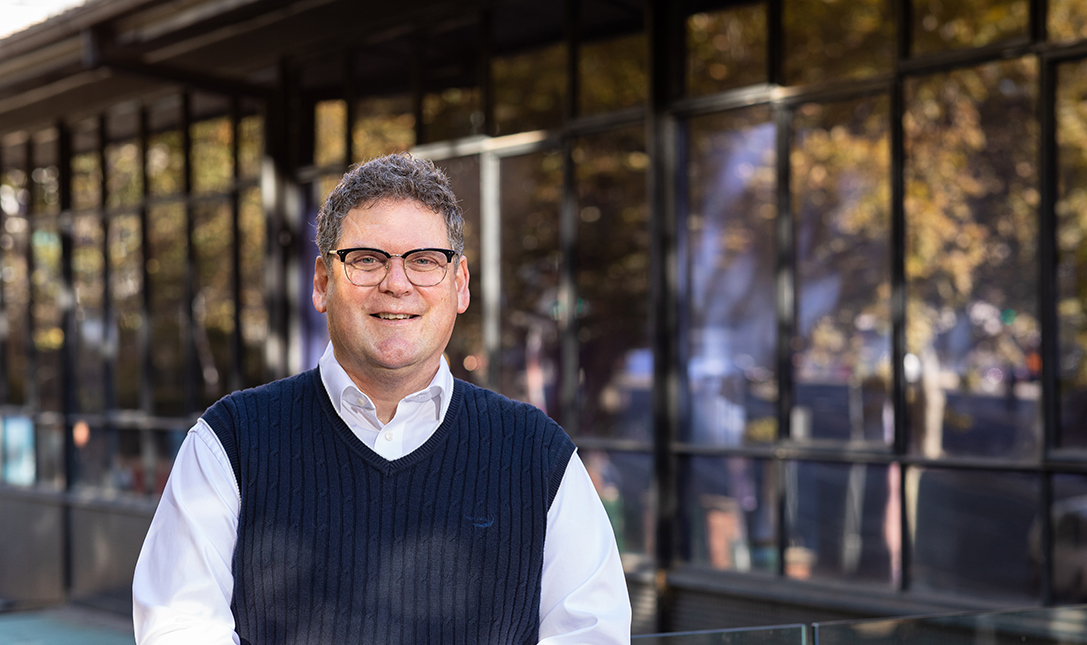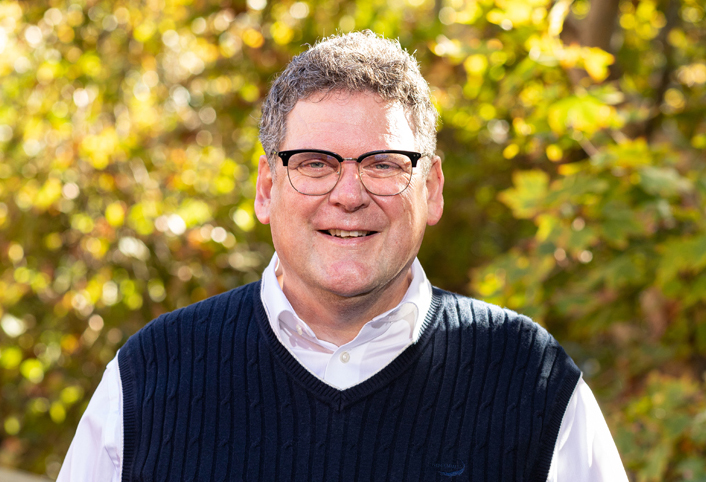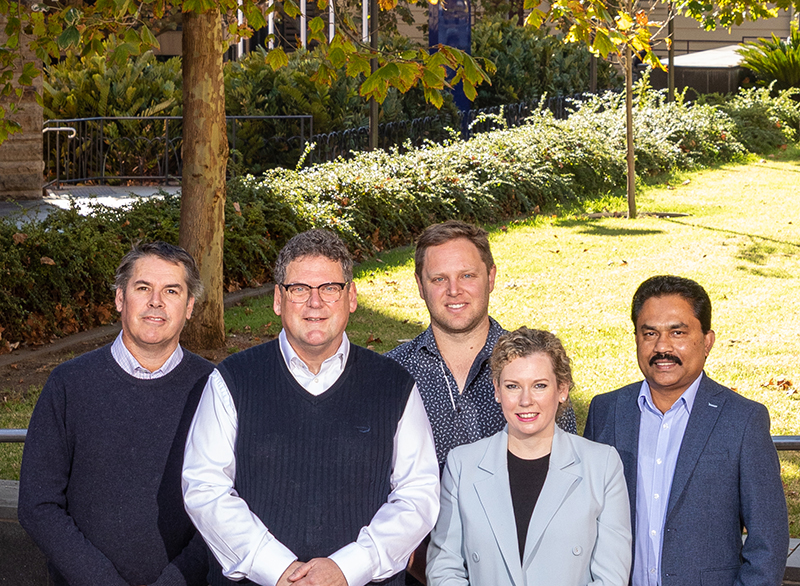
At the University of South Australia (UniSA) our mental health researchers are tackling the critical frontline issues and delivering enterprising solutions.
From prevention, through to complex and acute responses designed for people in crisis – right up to the point of care, our work spans the whole spectrum.
One of these researchers is Professor Nicholas Procter whose inspiring work is already having meaningful impact.
Suicide rates are on the rise in Australia.
It’s the leading cause of death among people aged 15-49 and men are still three times more likely to die by suicide than women. Aboriginal people die by suicide at twice the rate of non-Aboriginal people (27.1 compared to 12.7 per 100,000 population) and children and young people account for an overwhelming majority of all suicides among Aboriginal people.
To reduce these rates, Professor Nicholas Procter, Chair of Mental Health Nursing and Director of the Mental Health and Suicide Prevention Research and Education Group (MHSPR&E) is addressing the fact that self-harm is a known risk factor, and is working with communities, organisations and government institutions to develop better safety planning interventions.
Statistics show that a ‘personal history of self-harm’ is the most common psychosocial factor associated with suicide, reported in 17.5% and 30.5% of deaths by suicide for males and females, respectively.
Furthermore, research highlights key factors that both contribute to suicide or are indicators of vulnerability to suicide – financial distress, insecure housing, discrimination, childhood trauma, alcohol, and substance abuse.
Professor Procter and his team at UniSA are highly regarded nationally and internationally for leading numerous initiatives aimed at improving the lives of people in mental distress and at risk of suicide.
They have successfully worked with State and Territory governments and national organisations, such as Compassion first care in suicide prevention the Australian Red Cross, to provide specific education for their frontline workers in how to address known touch points.
Person-centred planning codesigned with the person at risk, and safety planning can be an effective means of helping people manage the onset or worsening of critical moments in the suicide experience. Taking compassionate steps, often with the support of others, helps to make their situation safer.
Specialist compassionate aftercare in the form of brief interventions following attempted suicide is essential. It can go a long way to supporting people and interrupting a possible trajectory towards suicide in the future.
The team is now expanding this work to institute universal education for frontline workers and people at increased risk of suicide across broader sectors, to better equip staff working closely with people in high-risk groups and reduce the rates of suicide.
The UniSA Mental Health Research Fund has been established to source more support for our key researchers to address current mental health challenges. To learn more about UniSA’s Enterprising Minds for Mental Health and our research click here.
If you or anyone you know needs help please contact

When you give today, 100% of your donation will go directly to UniSA's mental health researchers - with no admin fees or hidden costs.
At UniSA, our researchers are dedicated to helping people who strive to live a better life. Join us in making mental health a priority by donating to the UniSA Mental Health Research Fund today.
